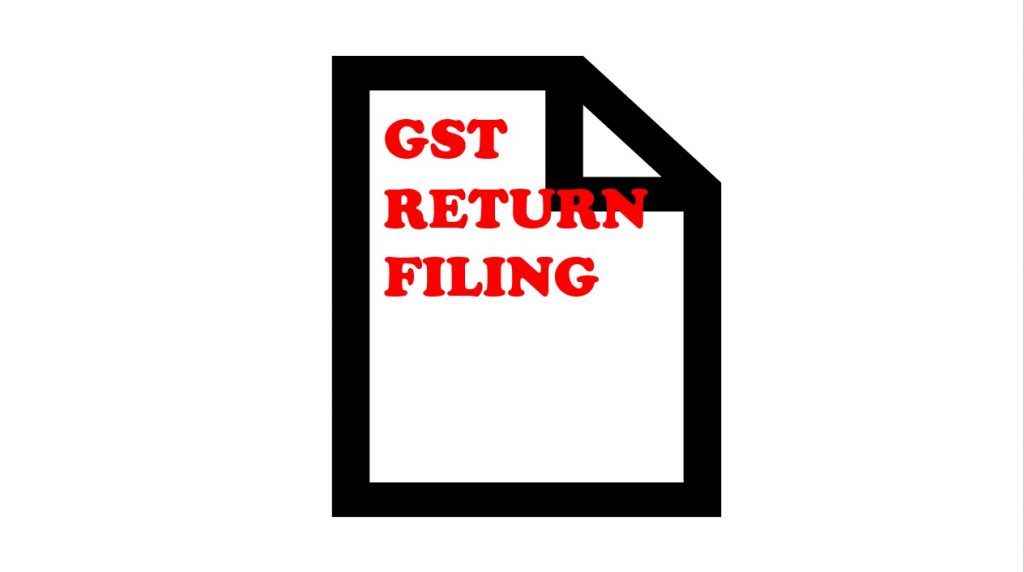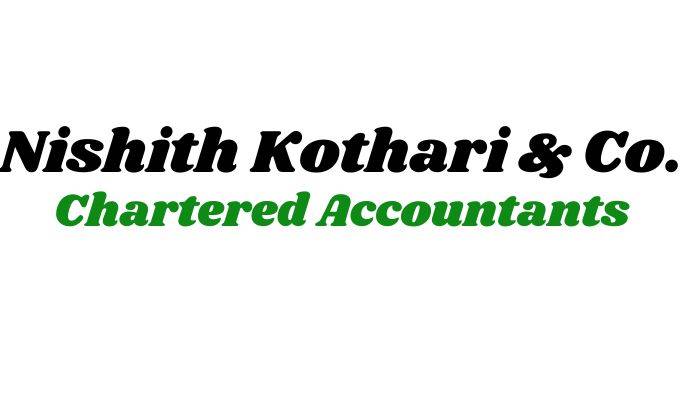GST Return filing. Easy guide FY 2021 onwards
GST Return filing – Every taxable person registered under GST is mandatorily required to file GST returns with either monthly or quarterly or annual frequency based on applicability on their business. The return includes details of sales or purchase of goods or services or both along with details of tax paid and collected on the same. The Return filling process is in online mode and government has ensured to align the registration, return and compliance process is aligned as per Act.
GST Return filling is mandatory for taxable person irrespective of turnover, sales or purchases. Even Nil returns are mandatory to be filed in case of no supply of goods or services made or no purchases.
Usually, Return of Outward Supplies (GSTR-1) and summary of outward supplied along with input tax credit (GSTR-3B) along with one annual return is applicable to most of the taxable persons.
Different types of GST Returns in India
| Type | Description | Filing Frequency | Applicability | Due Date |
|---|---|---|---|---|
| GSTR – 1 | Details of the outward supplies of the taxable goods and or services | Monthly Quarterly (If opted under the QRMP scheme) | Monthly GSTR 1 returns must be filed by taxpayers having a turnover of more than Rs.1.5 crores on 11th of every month. Quarterly returns must be filed by taxpayers having a turnover of less than Rs.1.5 crores on 13th of every quarter. | The 11th of Subsequent of that month The 13th of Subsequent of that quarter |
| GSTR – 2 | Registered buyers to report the inward supplies of goods and services (Currently suspended) | |||
| GSTR – 3 | summarized details of all outward supplies made, inward supplies received and input tax credit claimed, along with details of the tax liability and taxes paid (Currently suspended) | |||
| GSTR – 3B | Simple returns in which a summary of the outward supplies along with the input tax credit that is declared and the payment of the tax is affected by the taxpayer. | Monthly Quarterly | The 20th of that subsequent month The 22nd of that subsequent month | |
| CMP – 08 | Statement cum challan to make a tax payment by a taxpayer registered under the composition scheme under Section 10 of the CGST Act. | Quarterly | CMP-08 must be filed by taxpayers registered under the GST composition scheme having a turnover of up to Rs.1 Crore. | 18th of the month succeeding the quarter of the specific fiscal year. |
| GSTR – 4 | Returns to be filed by the taxpayer that is registered under the composition scheme under Section 10 of the CGST Act | Annually | Compulsory for composite taxpayer | 18th of the month succeeding the quarter. |
| GSTR – 5 | Returns to be filed by a Non-resident taxable person | Monthly | 20th of the subsequent month | |
| GSTR – 6 | To be filed by the input service distributor to distribute the eligible input tax credit | Monthly | 13th of the subsequent month | |
| GSTR – 7 | Is filed by the government authorities | Monthly | 10th of the subsequent month | |
| GSTR – 8 | Details of supplies that are affected through the e-commerce operators and the amount of tax that is collected at the source by them. | Monthly | 31st December of the Fiscal year. | |
| GSTR – 9 | Annual return for a normal taxpayer | Annually | Mandatory for all registered person. | |
| GSTR – 9C | Certified reconciliation statement | Annually | Mandatory for all entities with turnover exceeding INR 2.5 crores. | |
| GSTR – 10 | Is filed by the taxpayer whose GST registration is canceled | Once the GST registration is canceled or surrendered | Within 3 months of the date of cancellation or the date of cancellation order whichever is earlier. | |
| GSTR – 11 | Details of the inward supplies are furnished by a person who has UIN and also claims a refund. | Monthly | 28th of the month that is following the month for which the statement was filed. |
GST Return Filing Process
GST Return filing process online
Step 1: Login to GST portal that is www.gst.gov.in.
Step 2: Each Supply of goods or services is updated in return.
Step 3: A summary of Taxable supplies and input on inward supplies is updated and net payment of tax is made if Tax on outward supplies is more than tax on inward supplies.
Step 4: Generate summary and file return
Step 5: Return can be submitted either by using Digital Signature Certificate(DSC) or Electronic Verification Code(EVC) which will be received on registered email and mobile number.
GST Return filing process offline
Step 1: To file your GST returns in the offline mode, download the following GST offline tool from downloads section.
Step 2: Generate the Json file.
Step 3 upload the same by login on to the portal.
GST Return filing under the Composition Scheme
Person registered under Composition Scheme are required to pay tax using from CMP-08 quarterly and GSTR-4 annually. The GST return due date for composite tax payers are April 18th, July 18th, October 18th, and January 18th.
The GST returns of Composite taxpayers must include the following:
- All inter-State and intra-State inward supplies received from registered and unregistered persons invoice wise.
- details of outward supplies made consolidated.
However, a normal taxpayer who opts for composition scheme at the beginning of year, then the taxpayer is still required to file GSTR returns on 10th, 15th and 20th of each month and monthly returns till due of furnishing the annual return for September of previous year or furnishing of annual return whichever is earlier.
Late Fee, Interest and Penalty on GST Return filing
Late filing
Late filing of the GST returns can attract a penalty called a late fee. And according to the Goods and Service Tax can attract a penalty which is Rs. 100 under CGST and Rs.100 under SGST that accounts for Rs.200 a day.
With the late fee, an interest of 18% has to be paid per annum. It is calculated on the tax to be paid.
Non-compliance
In case if the taxpayer is not filing the GST returns then the subsequent returns cannot be filed. Hence, to avoid heavy fines and penalties it is better to file the GST returns on time as it will lead to a cascading effect.
Offenses without any intention of fraud or tax evasion
An offender who is not paying taxes or is making short payments must pay a penalty of 10% of the amount of tax due subject to a minimum of Rs.10,000.
Offenses with intention of fraud or tax evasion
An offender is subject to a penalty amount of tax evasion or short deducted.
Documents Required for GST Return Filing
- Sales Invoices
- Purchase Invoices
- Amended Invoices
- Credit Notes
- Debit Notes
- Accounting Data (HSN Summary, Documents Issued)
Need Expert Assistance for GST Return filing
For expert assistance on GST Return filling in Udaipur and Rajasthan, reach our professionals at Tax Ledger Advisor.
Also refer other articles from Tax Ledger Advisor >>
https://www.taxledgeradvisor.com/gst-registration/
https://www.taxledgeradvisor.com/gst-annual-return-filing/



2 Comments